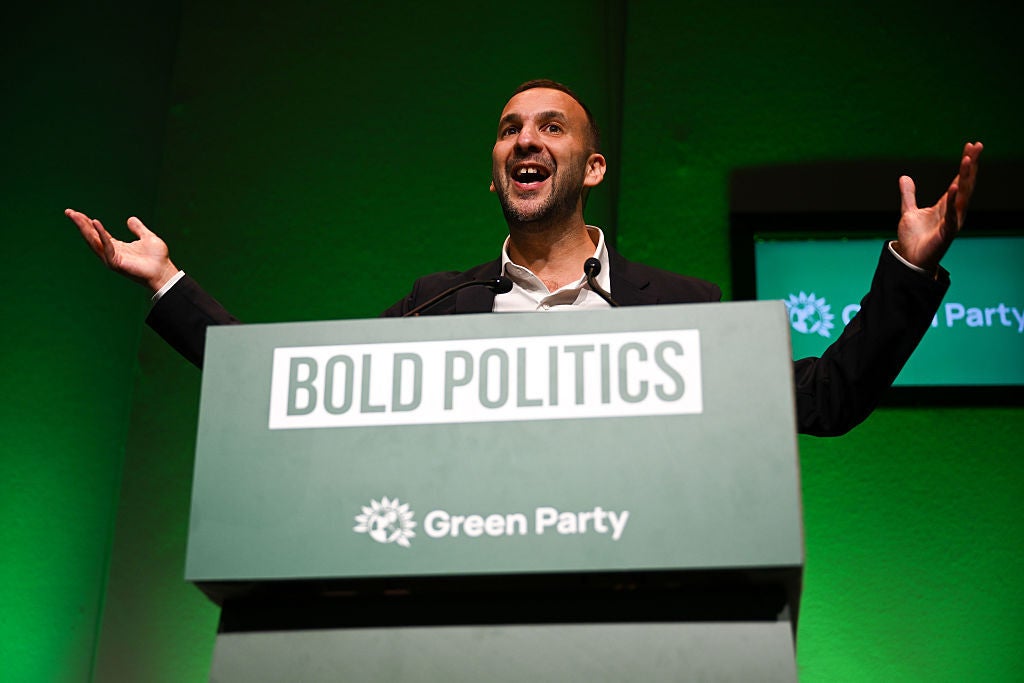The Green Party has reached a record high in public support, according to a recent opinion poll by Find Out Now. Under the leadership of Zack Polanski, the party’s popularity continues to rise, marking a significant shift in voter sentiment away from traditional political parties in the UK.
Earlier this month, Polanski delivered a speech at the party’s conference in Bournemouth, where he emphasized the Greens’ growing influence in British politics. For the first time, the party’s membership has surpassed that of the Conservative Party, indicating a notable change in the political landscape.
The latest poll shows the Greens at 18%, trailing behind the Reform Party at 33% but ahead of the Tories, Labour, and the Liberal Democrats. Additionally, the Greens are now the most popular party among voters under 40, a demographic that increasingly aligns with their platform.
In a separate poll conducted by YouGov, the Greens were reported to be neck-and-neck with the Tories at 16%, just a point ahead of the Liberal Democrats and still behind Labour, which stands at 20% and Reform at 27%. This resurgence signals a potential challenge for Labour as they navigate their own electoral strategy.
Polanski remarked on the party’s momentum, stating, “Greens are now in second place and climbing. We are now the real opposition in British politics. The only party able to hold this failing Labour government to account while also taking the fight to Reform. This isn’t a protest vote; it’s a movement. And we’re only just getting started.”
The implications for the Labour Party are significant, particularly as recent data suggests that support for Labour is waning. Only 43% of those who backed Labour in the last general election remain loyal to the party, with 26% now aligning themselves with the Greens. This shift illustrates a broader trend of discontent among former Labour supporters, particularly younger voters who are increasingly drawn to Polanski’s charismatic left-wing populism.
As the Greens consolidate their position, they are poised to challenge the status quo in British politics. The party’s rise under Polanski’s leadership could reshape the electoral landscape, forcing established parties to reconsider their platforms and strategies ahead of future elections.
The Green Party’s growth reflects a changing political environment where traditional loyalties are being tested. As public interest in alternative political movements increases, the Greens may well continue to gain traction, positioning themselves as a formidable force in the UK’s political arena.







